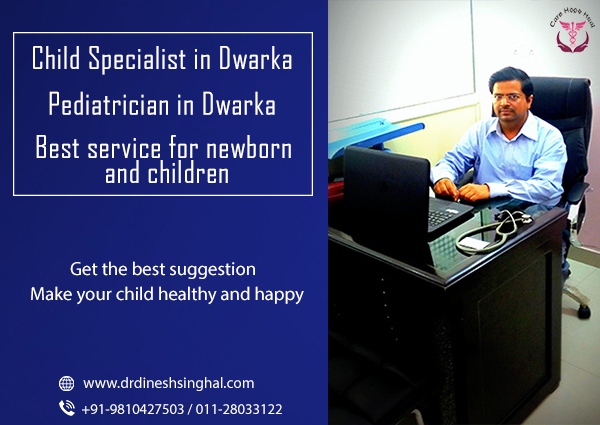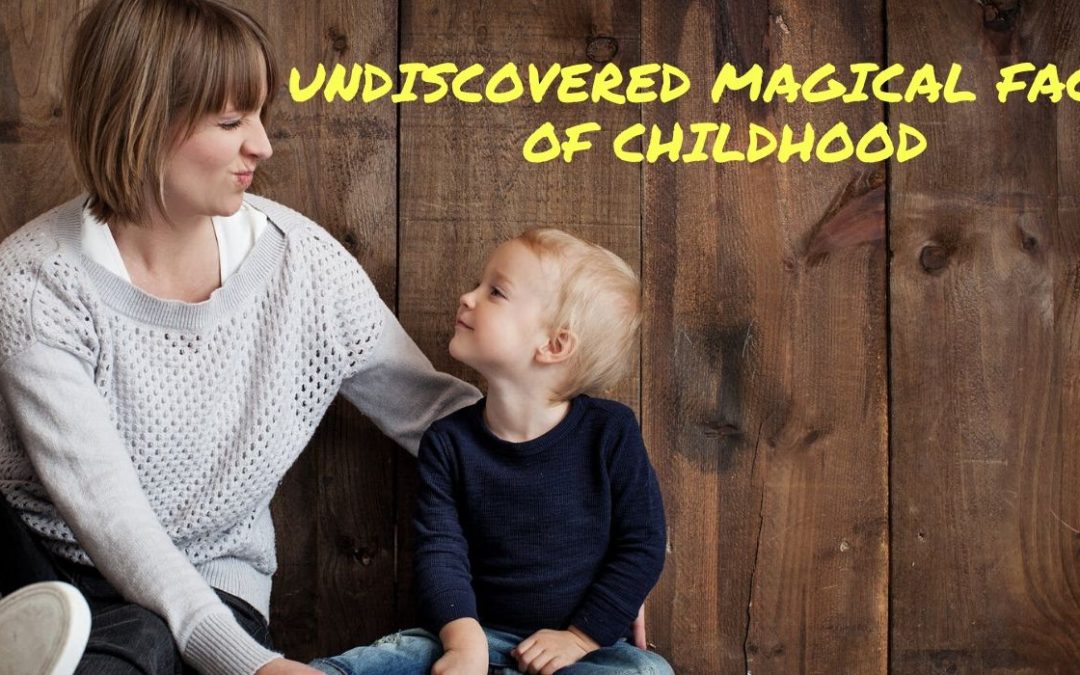Undiscovered Magical Facts Of Childhood
In the following, we are going to be discussing a very important topic that’s “Undiscovered Magical Facts of Childhood” and will discuss it thoroughly within the article. So, here are a couple of (probably) undiscovered magical facts regarding childhood, these will surely help you to make your child’s early years better.
1. Talk To Them
A baby’s language development can be accelerated if a parent makes an effort to respond to a baby’s vocalization more than 80% of the time. Typically, parents respond to a baby 500th to 60 minutes of the time. It may look like a one-sided conversation with a baby, but just because one party responds in ‘goos’ and ‘gaas’ doesn’t mean they aren’t communicating. Regarding this Best childcare franchise in India can do an excellent job.
2. At Birth, Baby’s Vision Is Very Blurry
When your baby or child is born, his eyesight is somewhere around 20/2400. He will only see clearly a couple of feet away. So get in close and talk to him. Provide black as well as white objects for him to see up close. He likes to see new things and it’s vital for his visual development, but they need to be near him. By the time he is 6 months, he is able to see on 20/20.
3. An Average Baby Or Child Will Triple His Birth Weight In His 1st Year
Wow! Imagine if we did that! That’s a lot of growing! Just remember, in the middle of the night when you are feeding your baby whom you wish was fast asleep, he needs it! All that growing takes a lot of energy and a lot of nutrients. If we continued to grow at the rate we grew in the first year, we would be 315 pounds when we turned 20!
4. Cat Caught The Tongue
Language is the most difficult factor a baby must learn in their early development. It is additionally the most common skill that kids fall behind on in early development.
5. Most 1 Year Old Are Ambidextrous
Your 1-year-old can use both hands equally and you think, Awesome! Most kids prefer one hand or the other by the time they are age 2 or 3. 90% of children will choose their right hand. So, if you have a lefty on your hands, consider yourself lucky!
6. Swallow And Breathe
Until your kid turns six or 7-months old they’re capable of breathing and swallowing at the same time. If you’re like seventy-fifth of the population you’re trying to do it yourself right not, good luck but you’ve outgrown the chance.
7. Where Did The Cells Go
A toddler between the ages of 1 and 2 years will gain 2 million new brain connections every second. At two years of age, a child has more than 100 trillion new brain connections or synapses. However, once a baby finally becomes an adult, more than 50% of these acquired synapses disappear.
8. Newborns’ Minds
The moment your kid is born their basic brain functions is all ready to go. It’s the cerebral cortex that still needs to develop; this part of the brain is responsible for stories, memories, thoughts, and voluntary muscle movement. All of those skills aren’t able to develop until after your kid enters the world.
9. A Child Can Organize Information In Their Memory Starting At Age 7
Your younger child will be able to remember things, but starting at age 6 he can use strategies for learning to memorize. At age 7, he can then use patterns and other tricks to help him to remember that information better just like on a test day! For this best pediatrician in West Delhi are given their best services.
10. Stress Disables Learning.
Cortisol, a hormone that kills off connections in the learning and memory parts of the brain, is produced during trauma. While you can’t (and shouldn’t) protect your kid from all stressors, a close relationship with you and other caring adults can facilitate her learn to cope and to feel good about herself.


